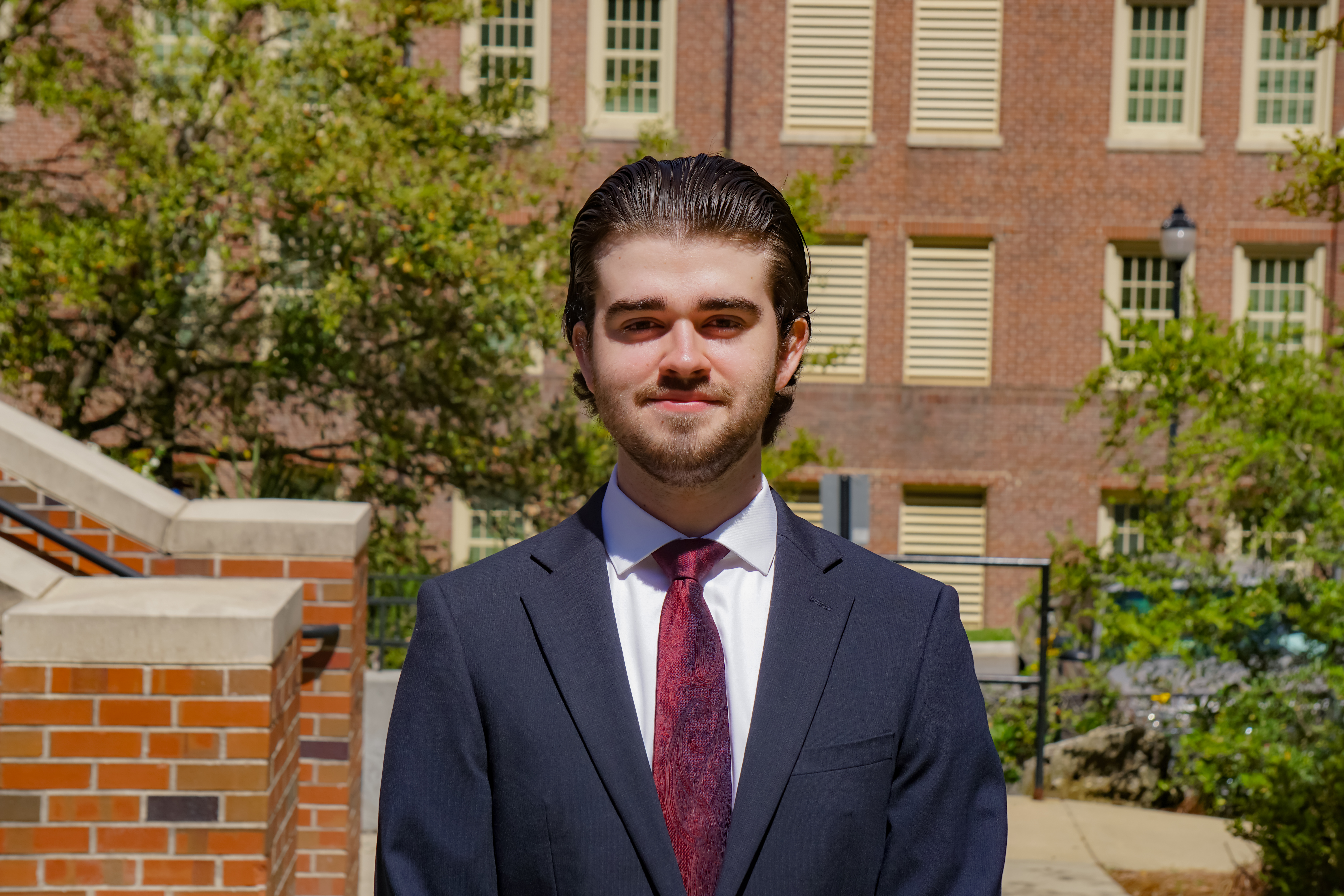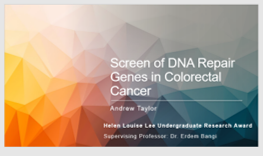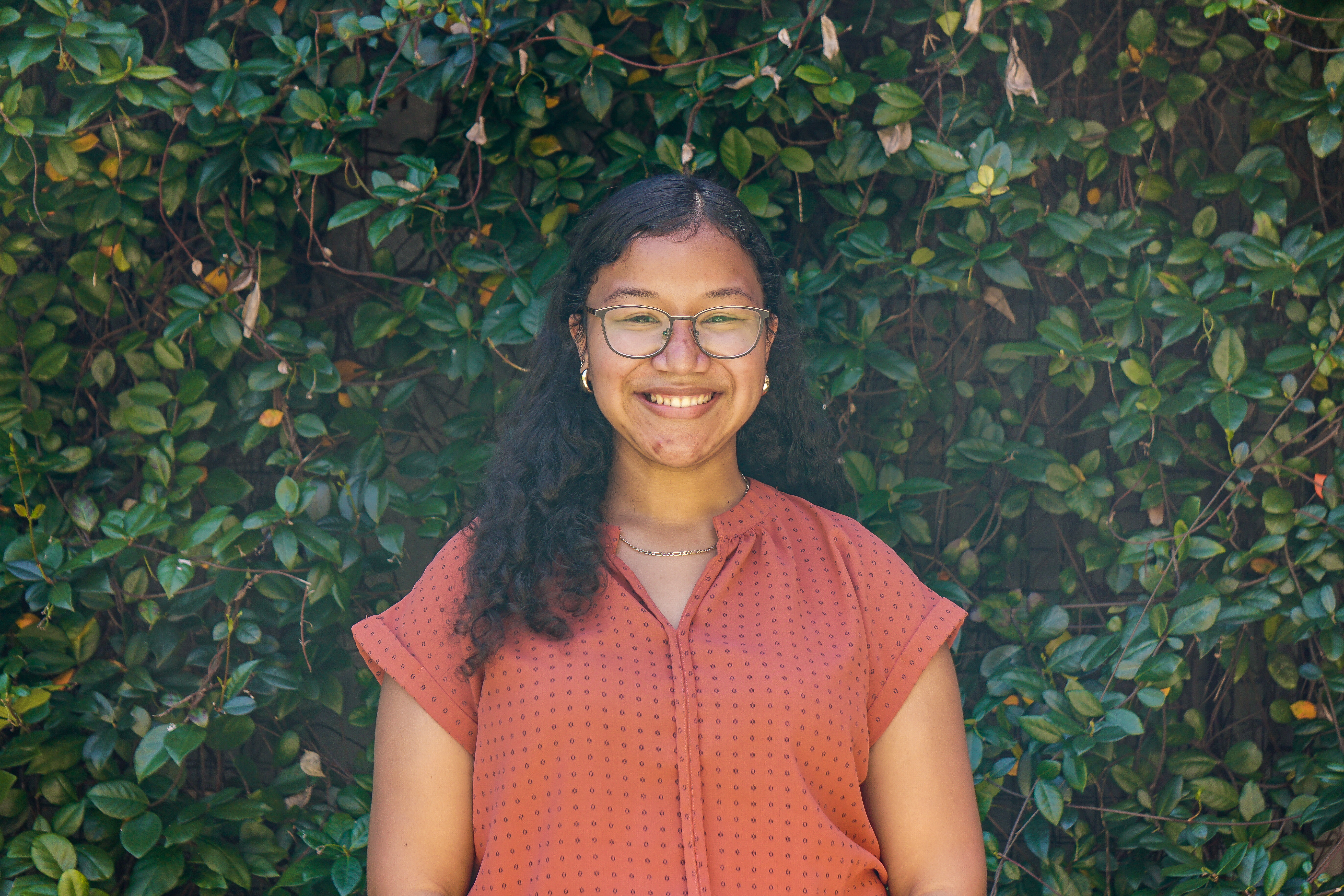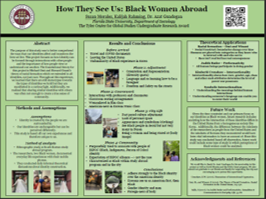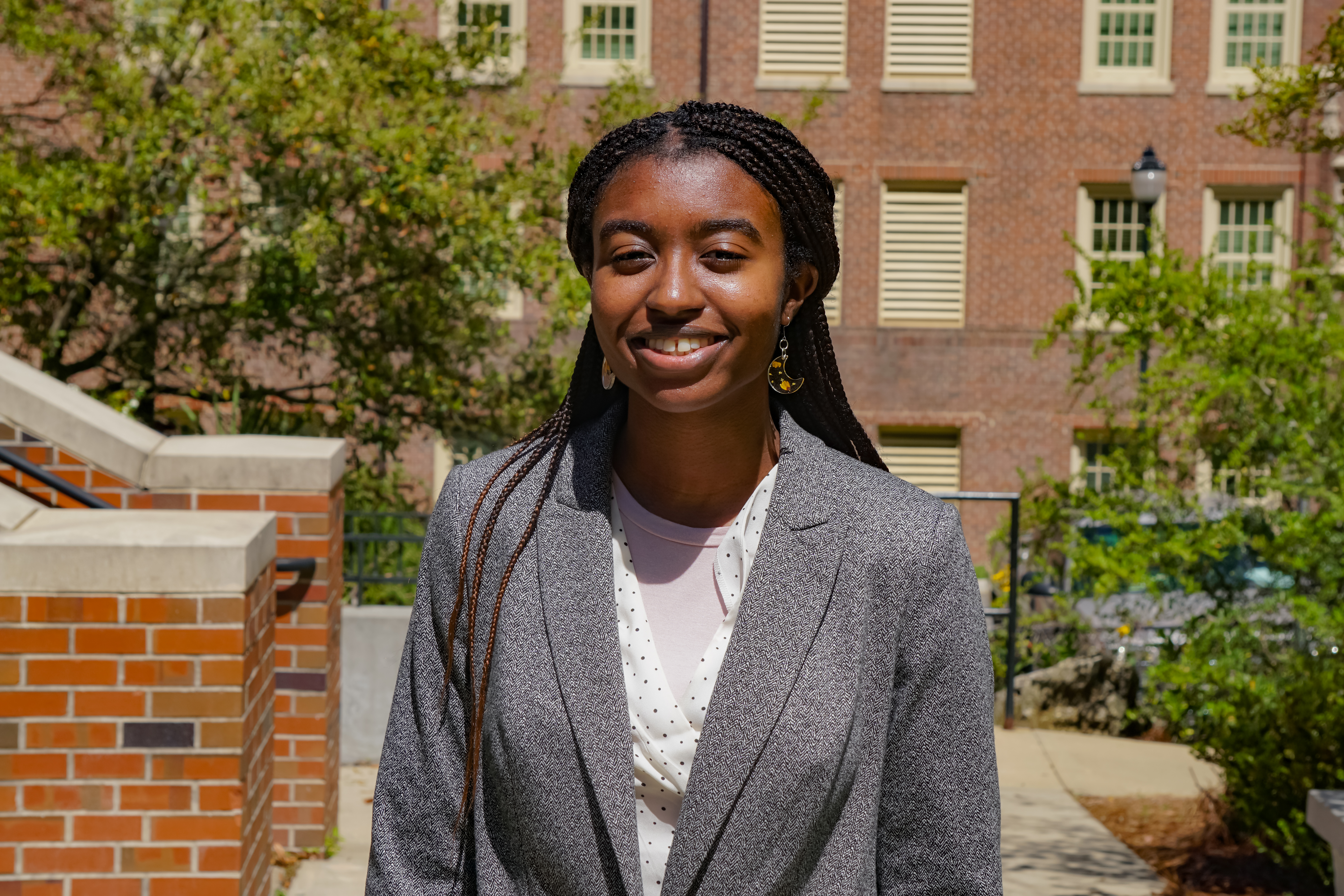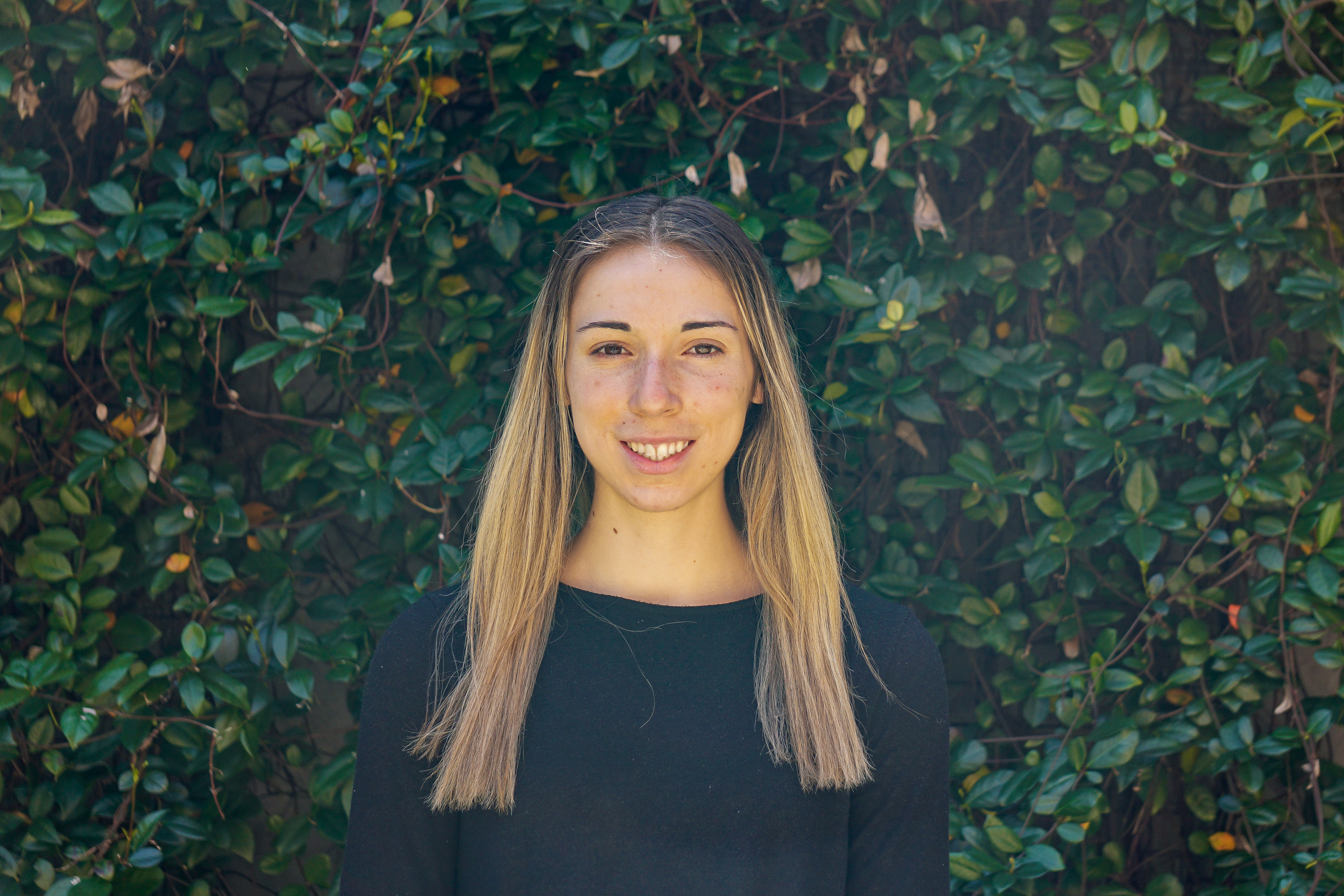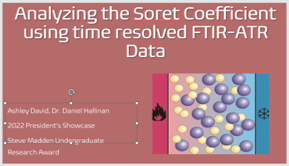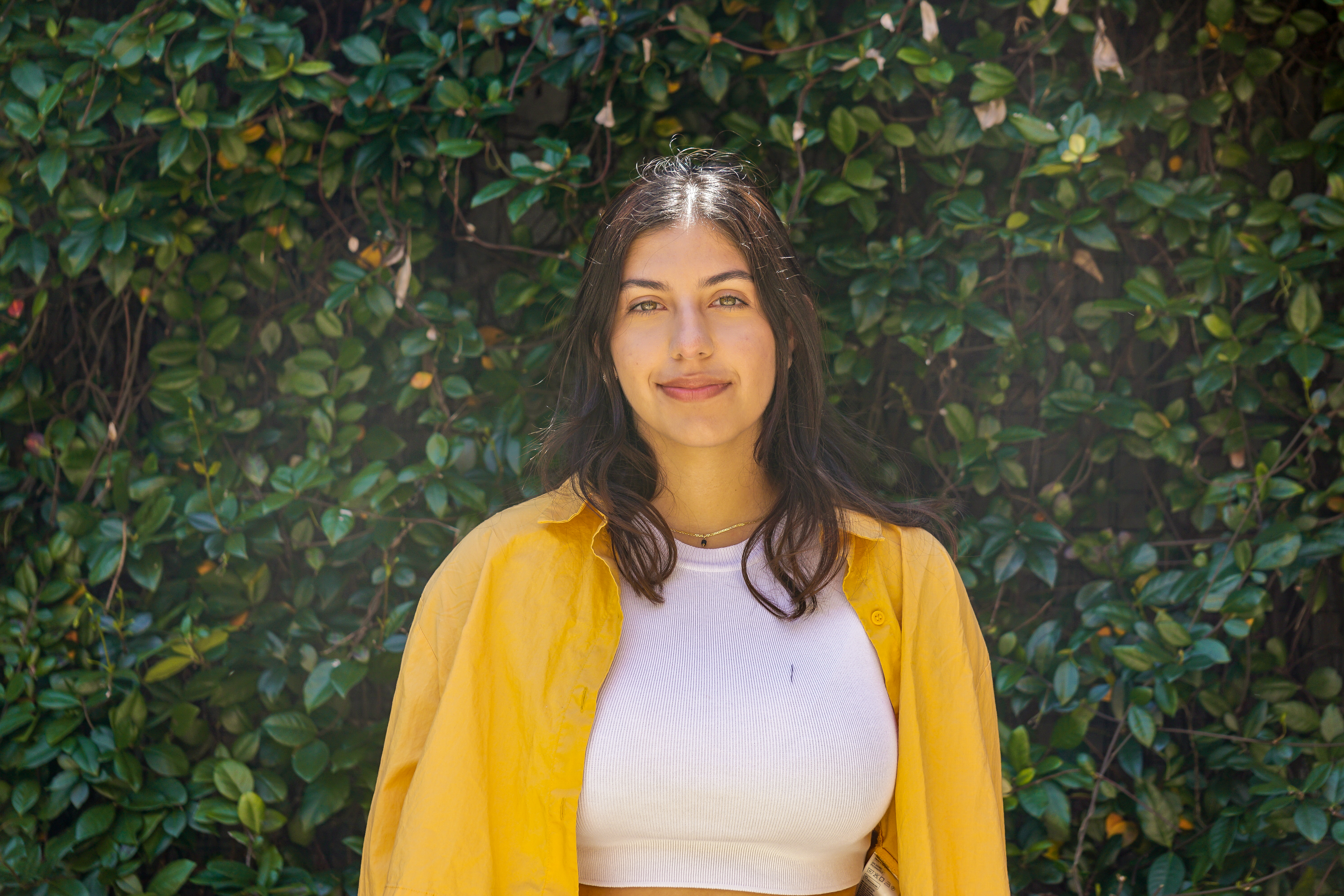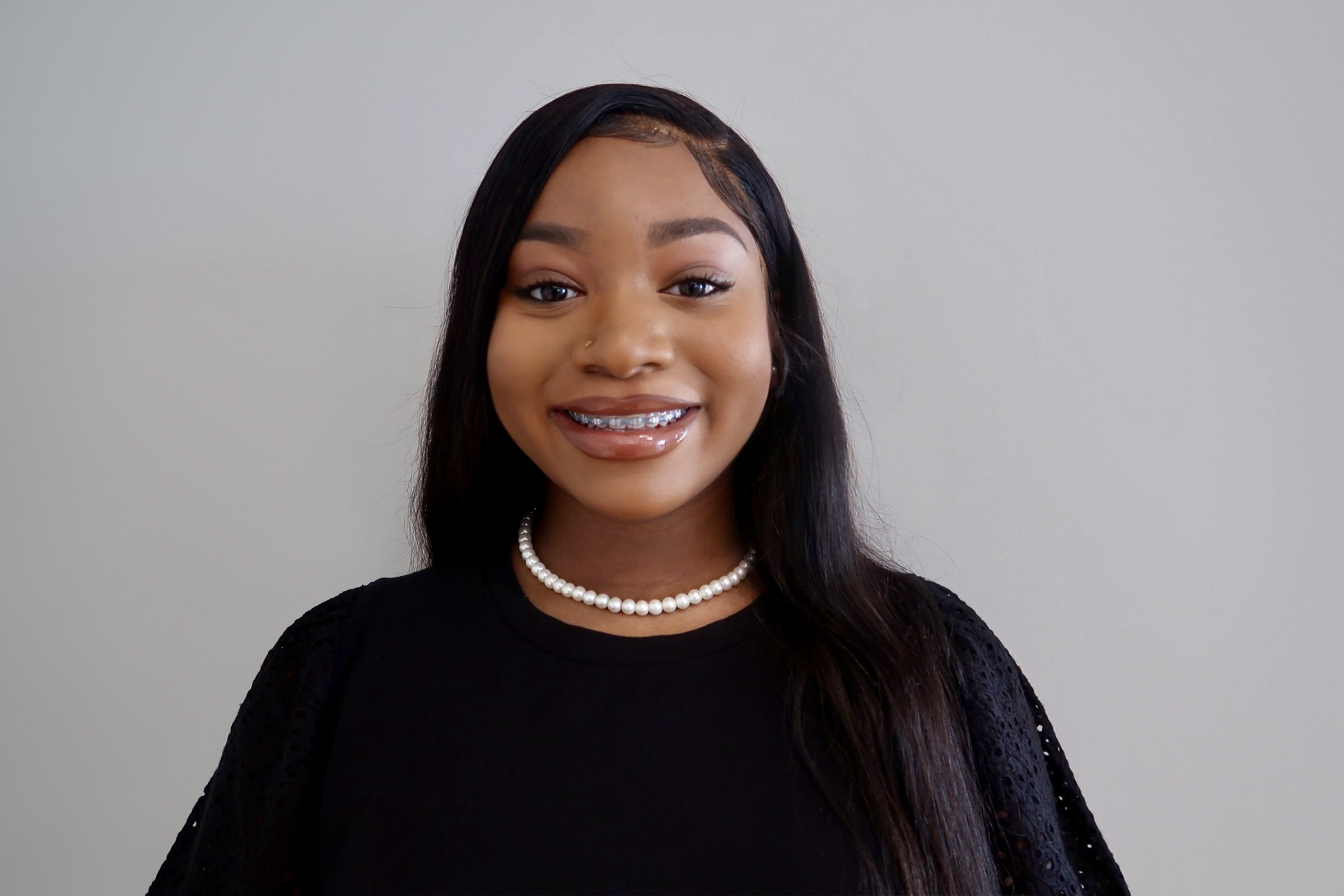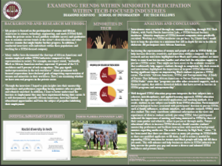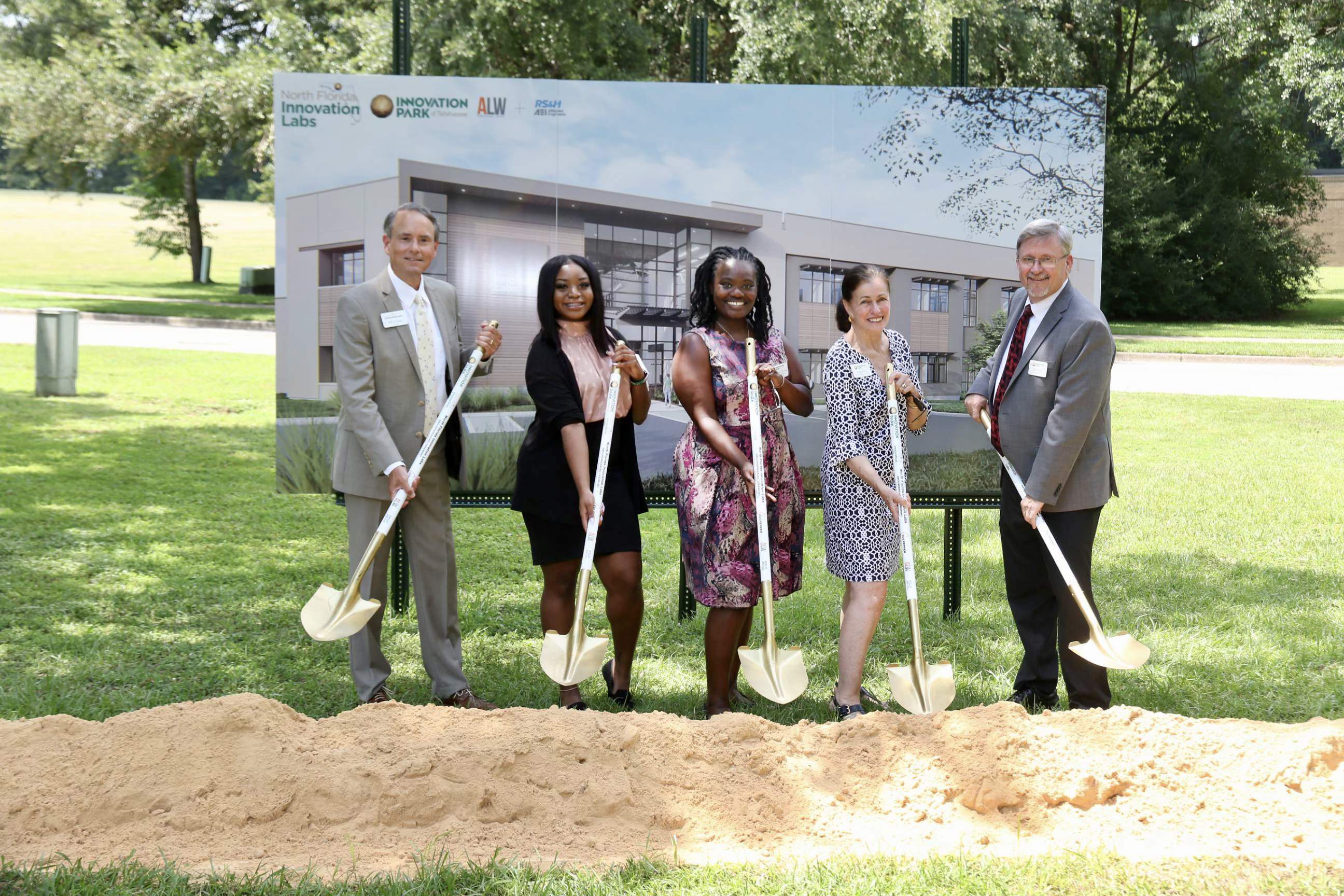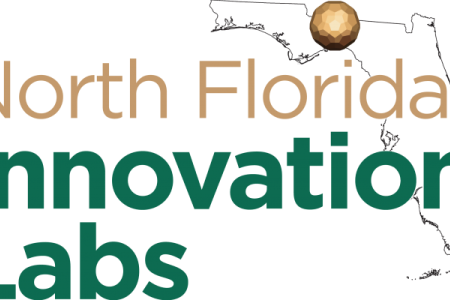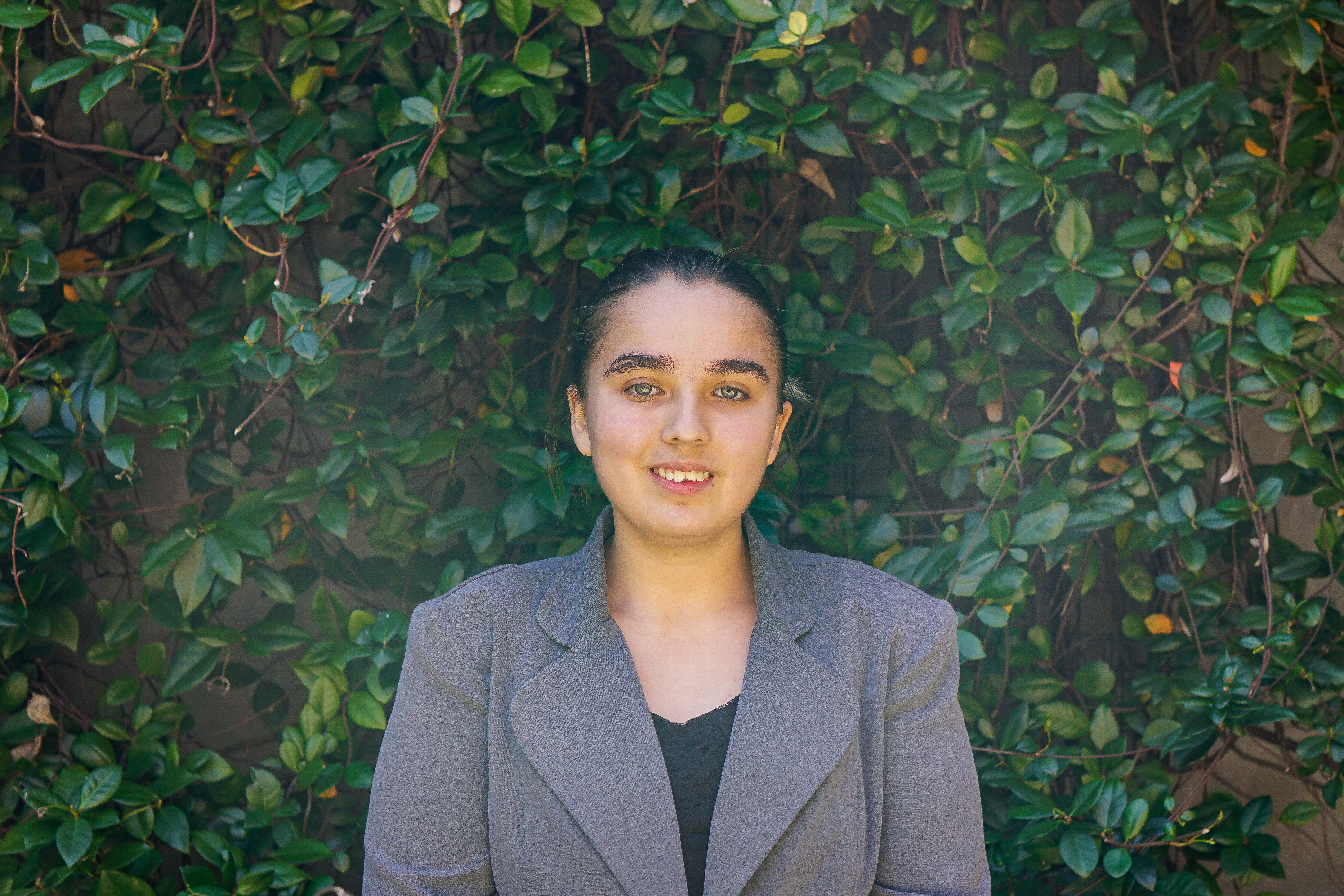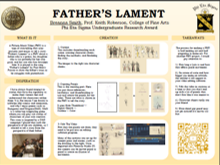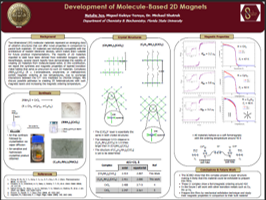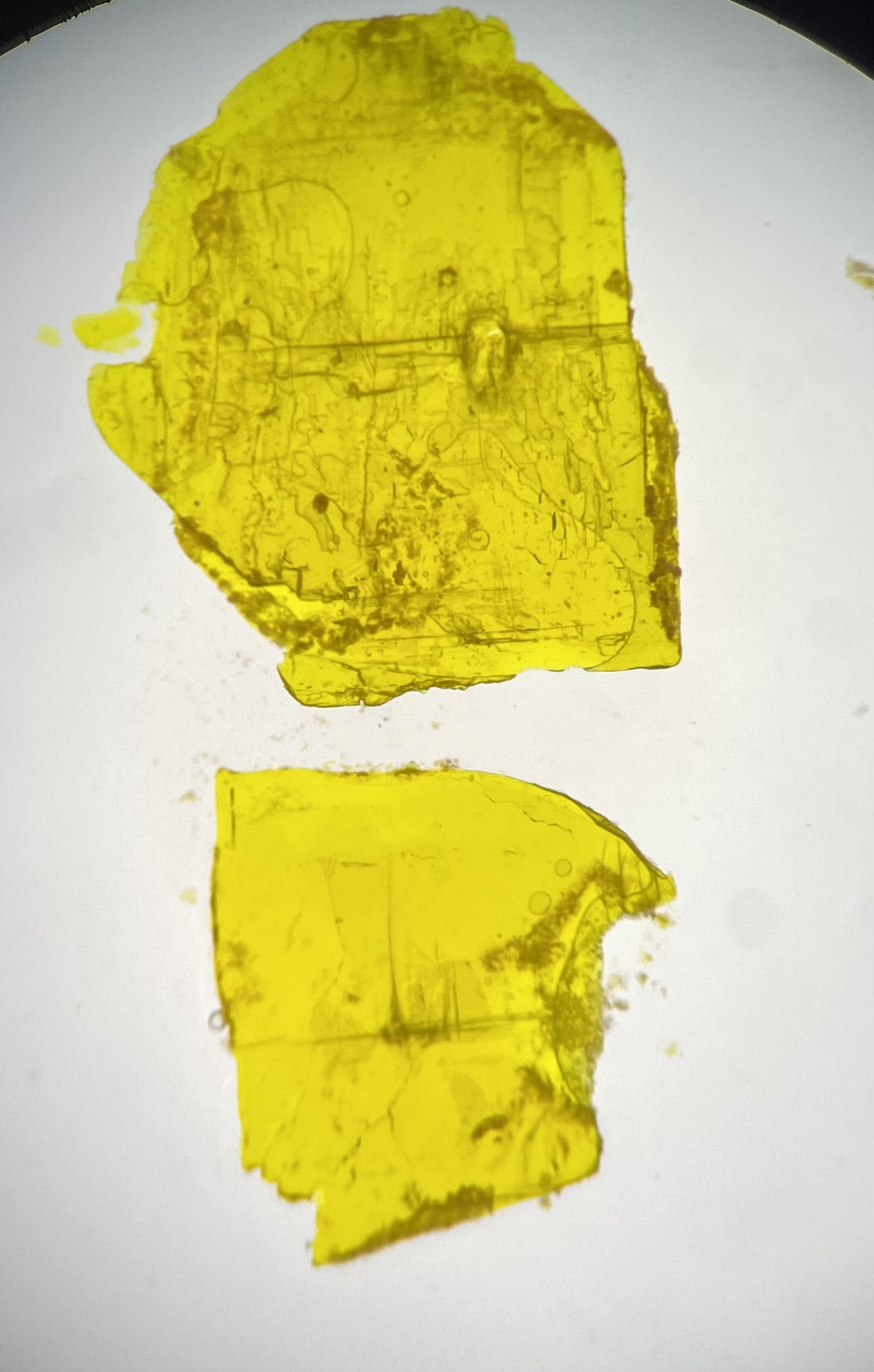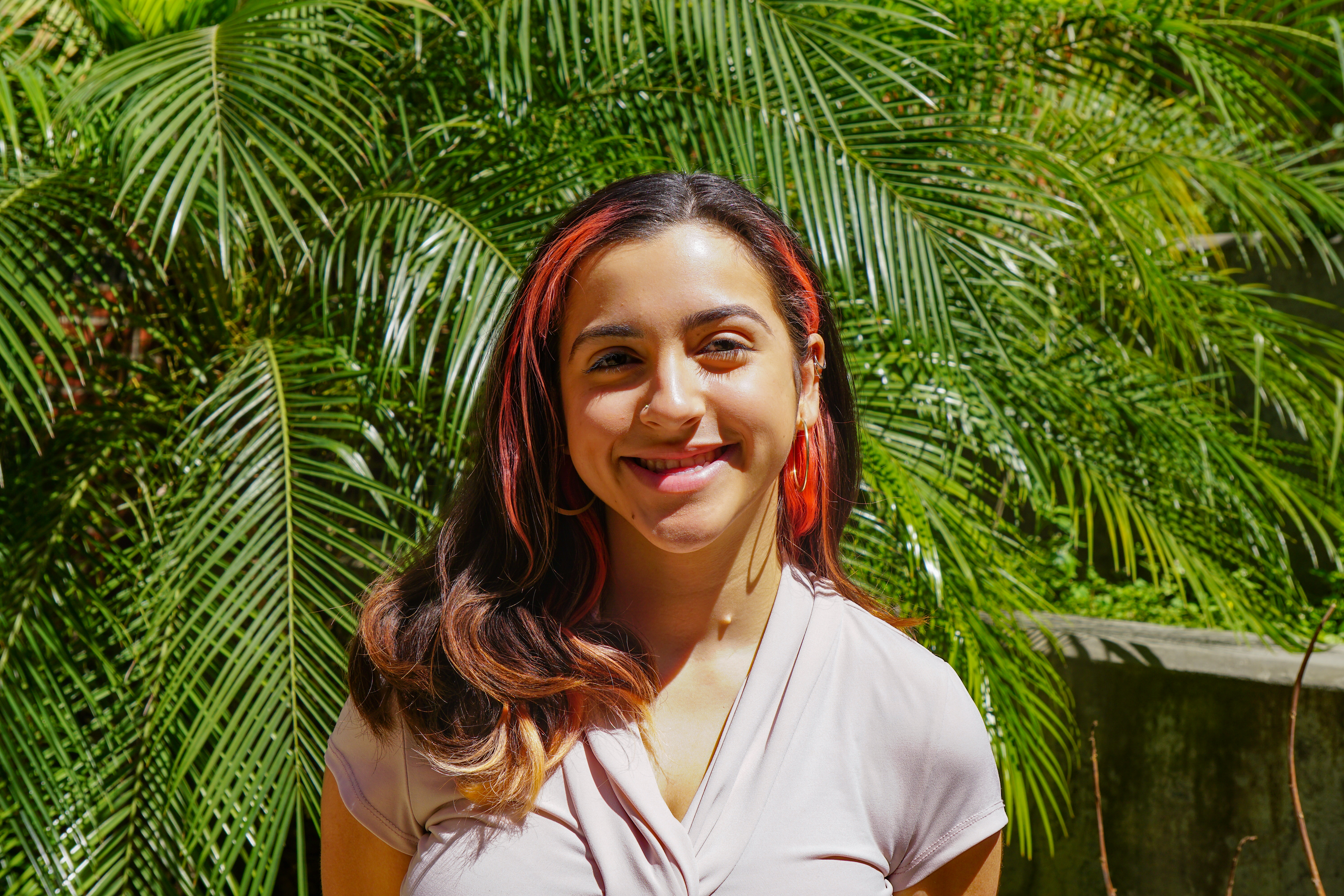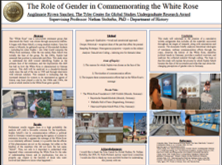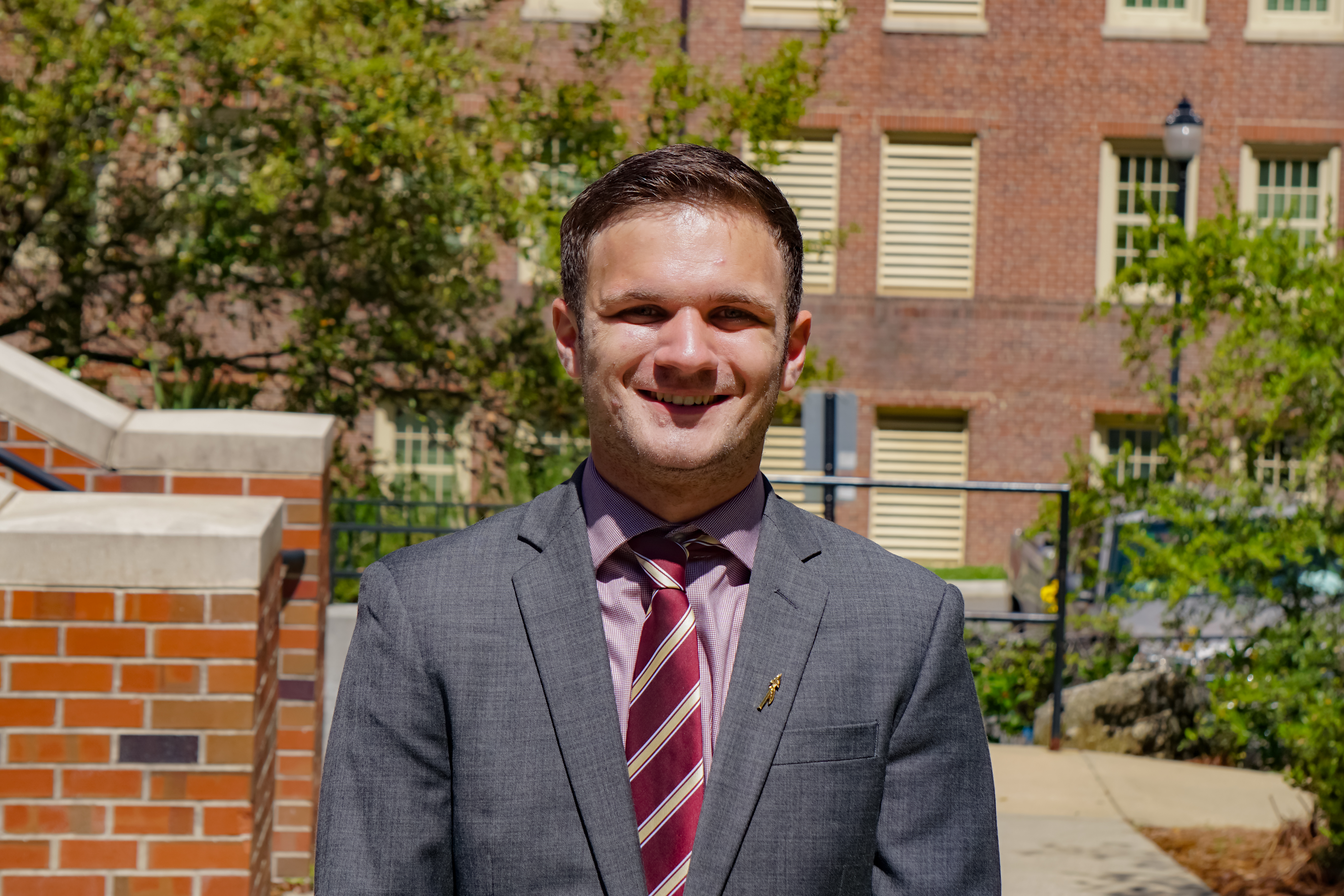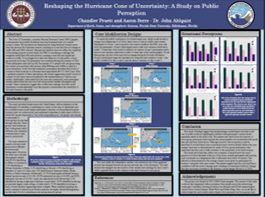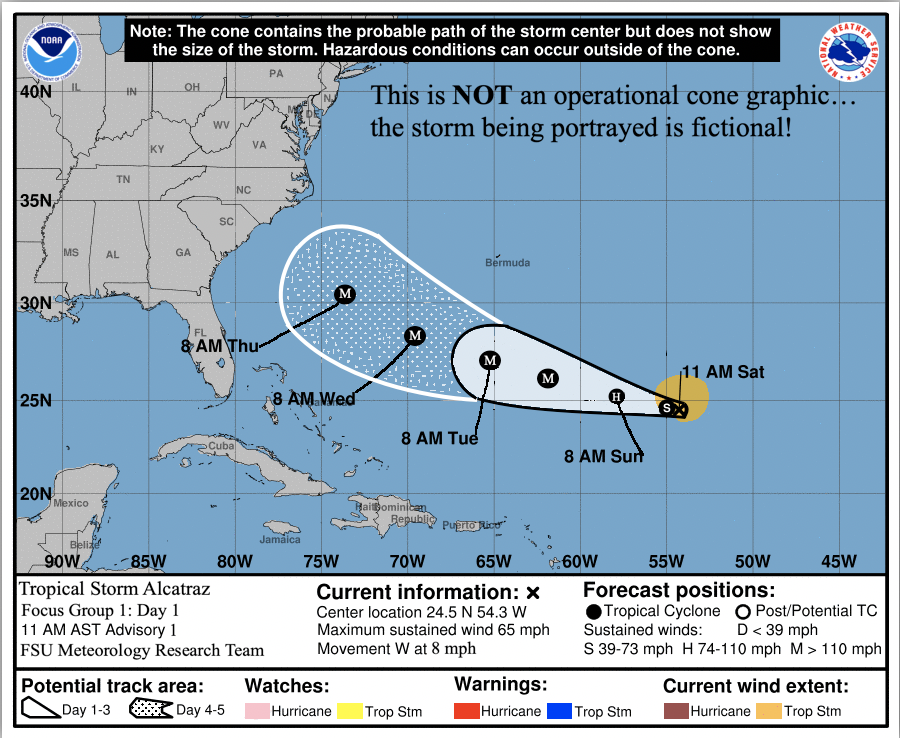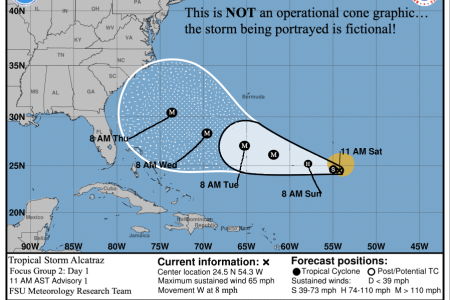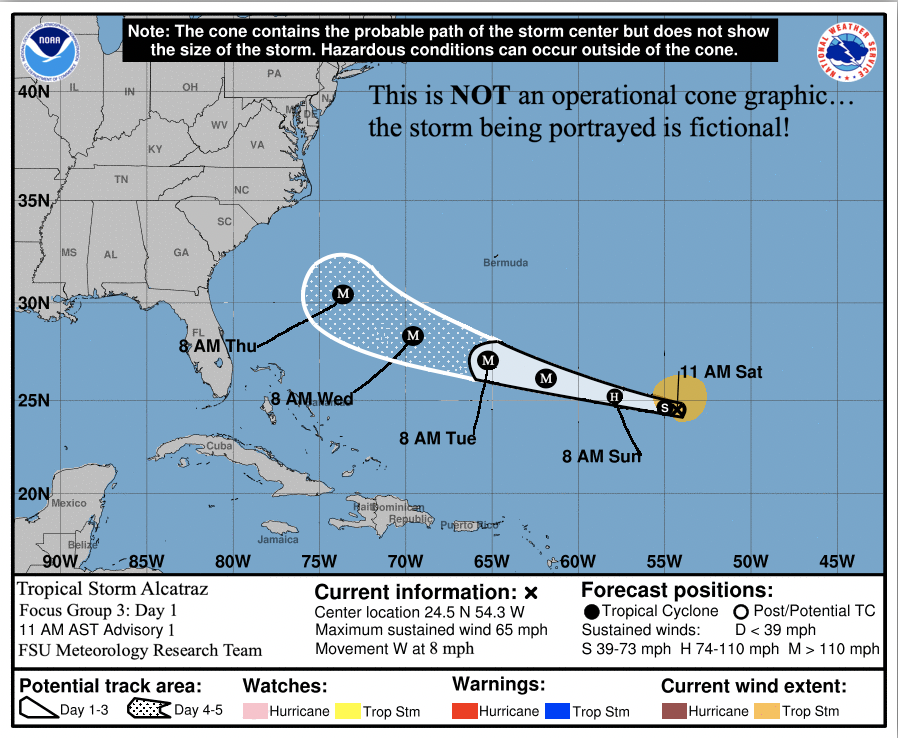President's Showcase
Andrew Taylor He/Him/His
Supervising Professor: Dr. Erdem Bangi
Andrew Taylor is a senior majoring in biology with a minor in math. He is currently the Design lead for Florida State’s synthetic biology team and treasurer of the biological honor society. After several semesters of cancer research in the Bangi lab and exploring a profound interest in dynamics, self-organization, and gene regulation, he sought to culminate his experience as an undergraduate through a project combining both interests in an applied project. After graduation, he plans on applying to graduate school for genetics/genomics and pursuing his dream of systems biology research.
Abstract
The chief task in cancer treatment is to eradicate cancer cells while minimizing adverse effects and is typically done by targeting molecular pathways on which tumors show a skewed dependency. Due to technological advancements in recent years, massive datasets containing unique tumor DNA sequences and cutting-edge genetic tools have been made available, further enhancing exploration of the unique molecular mechanisms responsible for tumor proliferation and functionality. This has allowed researchers to better capture the complexity of genetic interactions that make cancer so difficult to cure, inspiring the creation of genetically complex models of colon cancer in model organisms such as fruit flies. To better understand the role of genes involved in DNA damage response and their effects on tumor progression, expression levels of several candidate genes were knocked down using RNAi mediated gene silencing, followed by assays including antibody staining, tumor size quantification, and survival studies in the context of one of the genetically complex models generated in the Bangi lab at FSU. This model simultaneously targets fly versions of 4 commonly mutated genes in colon cancer: KRAS, TP53, PTEN and APC. Studying the roles of DNA damage response and repair genes in high molecular resolution, in addition to assessing both tumor and whole organism impact, allowed the refinement of the functional and mechanistic hypotheses underpinning the genetic backgrounds explored in this model. Ultimately, a better understanding of the functioning of cancer and the emergent dysregulation it incites will pave the way for personalized treatment and improved patient outlook.
Presentation Materials
Project Materials
Project Documents and Links
Susan Morales She/Her/Hers
Supervising Professor: Dr. Azat Gündoğan
Susan is a fourth year student at Florida State University pursuing a dual degree in Sociology and Women’s Studies with minors in Religion and Criminology. She works as an Undergraduate Research Opportunity Program (UROP) Leader and also as a Mock Interview Mentor at FSU’s Career Center. When she is not in class or at one of her jobs, she enjoys applying sociological theories to everyday life events, like eating lunch, or creating music playlists. Susan is very excited to be presenting at the President’s Showcase and hopes to run into her UROP students!
Abstract
The purpose of this study was to better comprehend the ways that our identities affect and transform the lives we live. This project focuses on how identity can be formed through interactions with other people and the importance of how people view or understand one another. The foundational theory for this project is Michael Omi and Howard Onant’s theory of racial formation which we extended to all identities, not just race. The researchers augmented their understanding of this topic through an NPR video series that interviewed expatriate Black Americans living in Asia and how their identities were perceived in their new home compared to the United States. The method of analysis for this project is an ethnographic study which took place at a South Korean summer study abroad program. The researchers, two Black women with other layers of identity, spent time in homogeneous South Korea and analyzed the way their identities were constructed by those around them. To conduct this research, the two documented everyday life experiences through their mobile phones and held informal theoretical discussions about how their identities were being constructed by others. The researchers recognize that these experiences are their own and may not be applicable to society as a whole. Throughout this experience, they learned that there are still stereotypes towards the types of identities they hold but they are manifested in a curious light. Additionally, the researchers realized that sharing similar identities with others was often not enough to create a true sense of community.
Presentation Materials
Project Documents and Links
Kalijah Rahming She/Her/Hers
Supervising Professor: Dr. Azat Gundogan
Kalijah Rahming is a senior studying Sociology and Humanities at Florida State University. She has been involved with Her Campus FSU since her freshman year and now serves as their Head Personal Editor. Kalijah also works as a Mock Interview Mentor at FSU’s Career Center, where she aids students in preparing for their future careers. In her free time, she enjoys perusing Pinterest and engaging in friendly banter about various reality television shows. Following graduation, Kalijah plans on attending graduate school, where she will pursue a career in either Sociology or Communication.
Abstract
The purpose of this study was to better comprehend the ways that our identities affect and transform the lives we live. This project focuses on how identity can be formed through interactions with other people and the importance of how people view or understand one another. The foundational theory for this project is Michael Omi and Howard Onant’s theory of racial formation, which we extended to all identities, not just race. The researchers augmented their understanding of this topic through an NPR video series that interviewed expatriate Black Americans living in Asia and how their identities were perceived in their new home compared to the United States. The method of analysis for this project is an ethnographic study which took place at a South Korean summer study abroad program. The researchers, two Black women with other layers of identity, spent time in homogeneous South Korea and analyzed the way their identities were constructed by those around them. To conduct this research, the two documented everyday life experiences through their mobile phones and held informal theoretical discussions about how their identities were being constructed by others. The researchers recognize that these experiences are their own and may not be applicable to society as a whole. Throughout this experience, they learned that there are still stereotypes towards the types of identities they hold but they are manifested in a curious light. Additionally, the researchers realized that sharing similar identities with others was often not enough to create a true sense of community.
Presentation Materials
Project Documents and Links
Ashley David She/Her/Hers
Supervising Professor: Dr. Daniel Hallinan
Ashley David is a senior majoring in Biomedical Engineering. She discovered her passion for research after joining Dr. Hallinan’s Polymers for Advanced Energy Sustainability her junior year. Since then, she has worked on analyzing the Soret Effect to use in energy re-harvesting capacities, earning the support of the MagLabs REU program in Summer 2022. She is continuing this Soret effect research as part of her undergraduate honorsin the major thesis, and hopefully soon to have her work published. Along with this, she works on the website design team for the RIDER Center at the FAMU-FSU College of Engineering, a research center devoted to using innovative technologies to promote all-inclusive and equitable disaster resilience for vulnerable populations. After graduating from FSU, Ashley plans to continue her studies at Ph.D. program in a biomedical field.
Abstract
A new method for measuring the Soret coefficient in opaque and translucent samples is reported. Time-resolved Fourier-transform infrared spectroscopy with attenuated total reflectance (FTIR-ATR) is used to measure the change in concentration near the heated ATR crystal surface. A temperature gradient is imposed on the sample via a water-bath cooled anvil in contact with the opposite surface of the sample. The sample used is a polymer electrolyte composed of lithium bis-trifluoromethanesulfonylimide (LiTFSI) salt in a block copolymer polystyrene-poly(ethylene oxide) (SEO). This study varies equilibrium salt concentrations and examines three temperature gradients, analyzing the effect on the magnitude of the Soret coefficient. This phenomena can be utilized in thermogalvanic cells, re-harvesting wasted heat from most power generating systems. Thermogalvanic cells are a way to utilize a heat sink to create electrical energy, having the temperature gradient drive the system. Specifically, the solid state electrolytes in these cells provide low flammability, high safety, and improved energy density, compared to common liquid electrolytes. Thus, application of the Soret effect is a clear way to greatly increase global energy efficiency. FTIR-ATR measures infrared absorbance of the salt which is related to concentration through the Beer Lambert law. This technique overcomes previous limitations to experimental techniques measuring the Soret Coefficient, making the FTIR-ATR an effective and repeatable instrument to use for collecting diffusion coefficients.
Presentation Materials
Project Materials
Project Documents and Links
https://rider.eng.famu.fsu.edu/
https://nationalmaglab.org/education/college-students-early-career-scientists/reu
Sofia Bernal She/Her/Hers
Supervising Professor: Dr. Vanessa Dennen
Sofia Bernal is a junior at Florida State University studying Psychology and Marketing. She spent her sophomore year participating in the Undergraduate Research Opportunity Program studying how social media usage can generate both positive and negative emotions. This motivated her to create her own project on body image, social media, and Greek organizations. Following her undergraduate degree, Sofia plans on continuing her education by pursuing a Master’s in Psychology.
Abstract
Previous research suggests that young adults compare themselves to their peers more often than celebrities on social media platforms; thus, social groups play a vital role in how they perceive themselves. Social media platforms can promote unachievable body standards using techniques such as photo editing and filters. Similarly, Greek organizations provide environments where members are highly concerned with their appearance. This study intersects these two ideas and investigates how social media usage and participation in Greek organizations can influence students' satisfaction with their appearance. Participants will complete a survey that measures satisfaction with physical appearance, eating habits, and social media usage. Additionally, if the participants are members of a Greek organization, they will be asked to elaborate on their experiences. This is an ongoing study that aims to illuminate toxic body standards through young adults’ social groups.
Presentation Materials
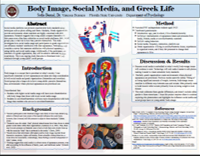
Project Materials
Project Documents and Links
Diamond Scrivens She/Her/Hers
Supervising Professor: Dave Montez
Diamond Scrivens is a fourth-year undergraduate studying Information Communication Technology and the combined pathways Master's in Integrated Marketing Communication program. Since enrolling at Florida State University, she has been involved in Student Government Association as Sophomore Class President, Alpha Kappa Alpha Sorority, Incorporated, FSU Shadow, and has interned for FSU's Student Computing Support. During the 2022 Summer semester, she also interned with North Florida Innovation Labs as part of the FSU Tech Fellows program. Diamond aspires to complete her Master's Degree and secure a position as a marketing manager for a technology-based company.
Abstract
The focus of this study is to examine trends in minority participation within tech-focused industries. In the United State, compared to overall private industry, the high tech sector employed a larger share of whites and Asian American, and men, and a smaller share of African American, Hispanics, and women (EEOC, 2016). However, there is evidence that minority representation is improving within the sector. A recent survey of the high tech sector points to improvements with two-thirds of minority identifying respondents reporting greater diversity in their workplace (TrustRadius, 2022). This project uses publicly available survey and qualitative data to examine the potential trends in the diversification of the sector and what barriers remain that might hinder further progress. Key topics examined include but no limited to hiring practices, workplace discrimination, and high costs of living in tech industry heavy places such as Silicon Valley or Austin, TX.
Presentation Materials
Project Documents and Links
Breanna Smith She/Her/Hers
Supervising Professor: Prof. Keith Roberson
Breanna Smith is a senior majoring in Studio Art. She has interned for the Master Craftsman Studio, shadowed Iron Galaxy Studios, and is currently interning with Arcvale. With an interest in comics and animation, she hopes to create works that make use of expressions and body language to explore the complex emotions of fictional characters. She works with a wide array of styles and techniques but chooses the best one for the story at hand. She strives to be an animator for video games and cartoons. In her free time, she enjoys reading webcomics and playing Dungeons and Dragons.
Abstract
There are many methods in which someone can tell a story visually. There are comics, animations, video games, and many more. A Picture Music Video (PMV) is a type of storytelling that uses pictures and music to tell a story. I have always found interest in stories that have the capability to make their viewers feel and understand the characters within them. It is the reason I am drawn to Dungeons and Dragons, a table-top roleplaying game where you can play out stories of characters of your own creation. Drawing inspiration from a Dungeons and Dragons campaign, over the course of 12 weeks, I will produce a PMV about a father who is a priest, his daughter who is too powerful for her own good, and his son who has forsaken him. I will use the song “Father’s Lament” by Poor Man’s Poison to show the father’s woes as he struggles with the hardship that is parenthood. The aesthetic is meant to portray a story being told through a book written and illustrated by the father from his perspective. Every drawing is composed of tinted backgrounds, pencil and watercolor-like textures, and hand-written text. By using methods such as creating character sheets, thumb-nailing, and illustrating frames, I will create a music video.
Presentation Materials
Project Materials
Project Documents and Links
https://www.facilities.fsu.edu/depts/mastercraft/
https://irongalaxystudios.com/
https://arcvale.com/

